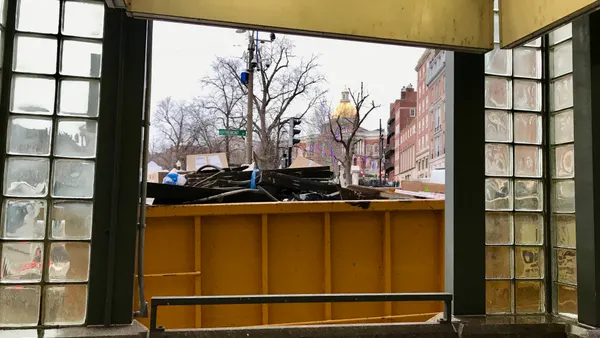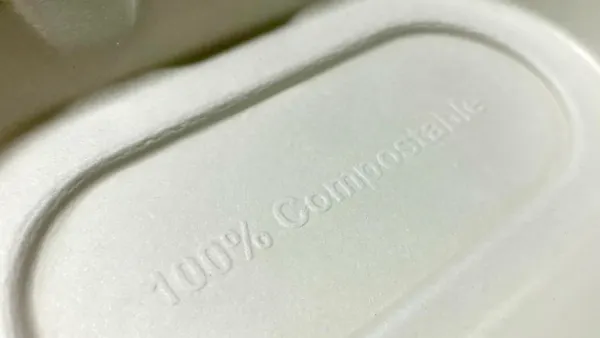Dive Brief:
- A program from the Iowa Department of Natural Resources (DNR) called the Environmental Management System (EMS), aimed at better landfill management, has yet to catch on since it was introduced in 2009. Only 13 of the state's 50 landfills are currently enrolled.
- Standard landfills pay tonnage fees to the state, which help fund waste reduction and recycling programs. EMS landfills get a discount on fees for each ton of waste that they process because of their other recycling efforts.
- EMS sites focus on recycling services, greenhouse gas reduction, water quality improvement, yard waste and compost management, hazardous household waste management, and environmental education. Yet many operators aren't interested in making the switch because they say that setting up the system and maintaining regular documentation can be burdensome.
Dive Insight:
Iowa's landfills collectively took in 2.7 million tons of waste during the most recent fiscal year and that has risen in recent years. Some say that number could be lower if there was more incentive to recycle. A 2013 investigation by IowaWatch found that more than half of what is buried could be recycled or composted.
Some agencies say EMS makes more sense for larger operations that need help keeping closer track of their materials. The initial set-up process has been said to take up to 18 months, though DNR is working to streamline that, and reports are required annually rather than every five years for standard landfills.
Yet many EMS sites say that they find the detailed tracking system useful and appreciate getting credit for environmental projects they may have already been doing through the fee discount. Some operators have also started new types of recycling programs because of their involvement in EMS. Examples include new recycling programs in schools as well as different systems for wood, shingles, bikes and more.









